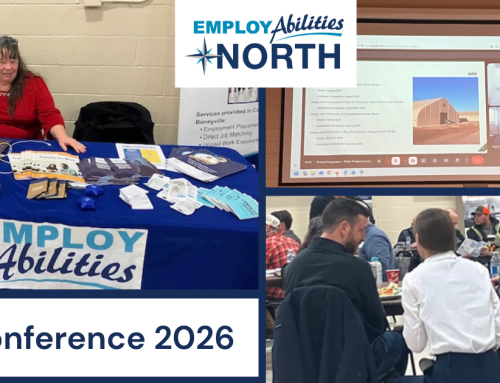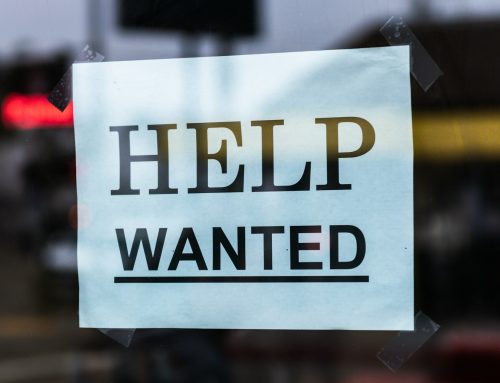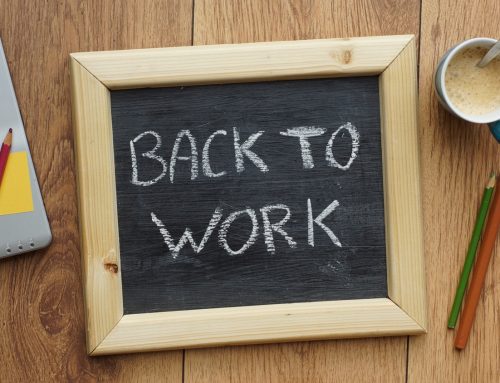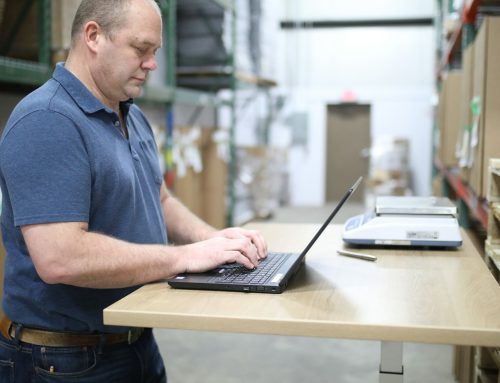Guest blog post from www.disabilityvisibilityproject.com: Mainstreaming Accessibility by Haben Girma
The team at Disability Visibility Project came across this great blog post about the importance of accessibility in all products and websites. Haben Girma is a Skadden Fellowship Attorney at Disability Rights Advocates in Berkeley, California, where she works to ensure that students with disabilities have equal access to education. This blog post was originally published it itublog on May 8, 2014. Below is an excerpt.
Mainstreaming Accessibility: Deafblindness, Assistive Technology and Advocacy
Haben Girma
Even to this day, many people think that providing access for a person with a disability is an act of charity, a favor to bestow during a free moment. Such attitudes lead to discrimination. We need to change people’s attitude towards accessibility. In the United States, providing access is a legal obligation. I am happy to say that countless times I have requested and received accommodations through friendly discussions rather than by invoking the law.
Creative thinking forms the basis for assistive technologies, as most tools must be adapted to the specific needs of individuals with disabilities.
Take the deaf-blind community for instance. We have a need for technology greater than the average person. These tools are necessary to facilitate communication and independence in our communities. I myself rely on technology for everything from communicating with store clerks, conducting my assignments, to chatting with friends.
It is rare for me to use one single device. Often I have to combine two or three of them together. Unfortunately, some of these devices, like braille displays, cost several thousand U.S. dollars. Reducing the cost of digital braille would make these devices more affordable to deafblind individuals. Perhaps engineers could develop more affordable methods for producing digital braille, or perhaps organizations could provide grants to cover the cost of these devices to deafblind individuals who cannot afford them.
If major tech companies included accessibility features in their mainstream products, individuals with disabilities would have greater access to information and tools. Mainstreaming accessibility features would also significantly reduce the cost of assistive technology. Rather than thinking of accessibility as an extra feature, like a cherry on top of the sundae, programmers and developers should treat accessibility as a necessary component, something to think about from the very start.
Read the entire blog post: http://itu4u.wordpress.com/2014/05/08/mainstreaming-accessibility-deafblindness-assistive-technology-and-advocacy/





